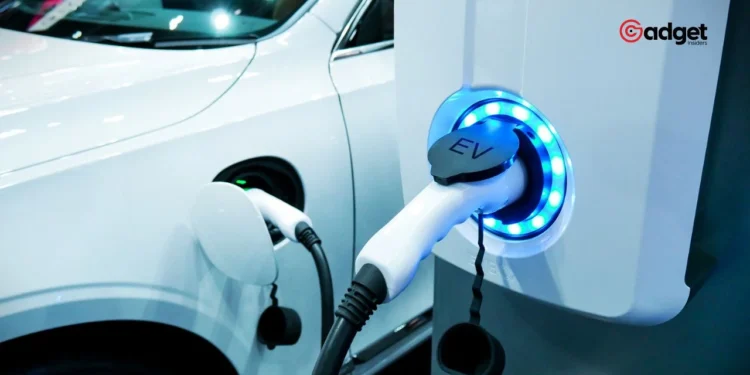Electric vehicles (EVs) are not just a trend; they represent the future of environmentally friendly and fuel-efficient transportation. However, as the market for EVs expands, not every model stands up to the expectations of reliability and longevity. This guide highlights five electric vehicles that might not be the best choice if you’re looking for durability beyond 50,000 miles. Read on to ensure your next vehicle purchase is both informed and wise.
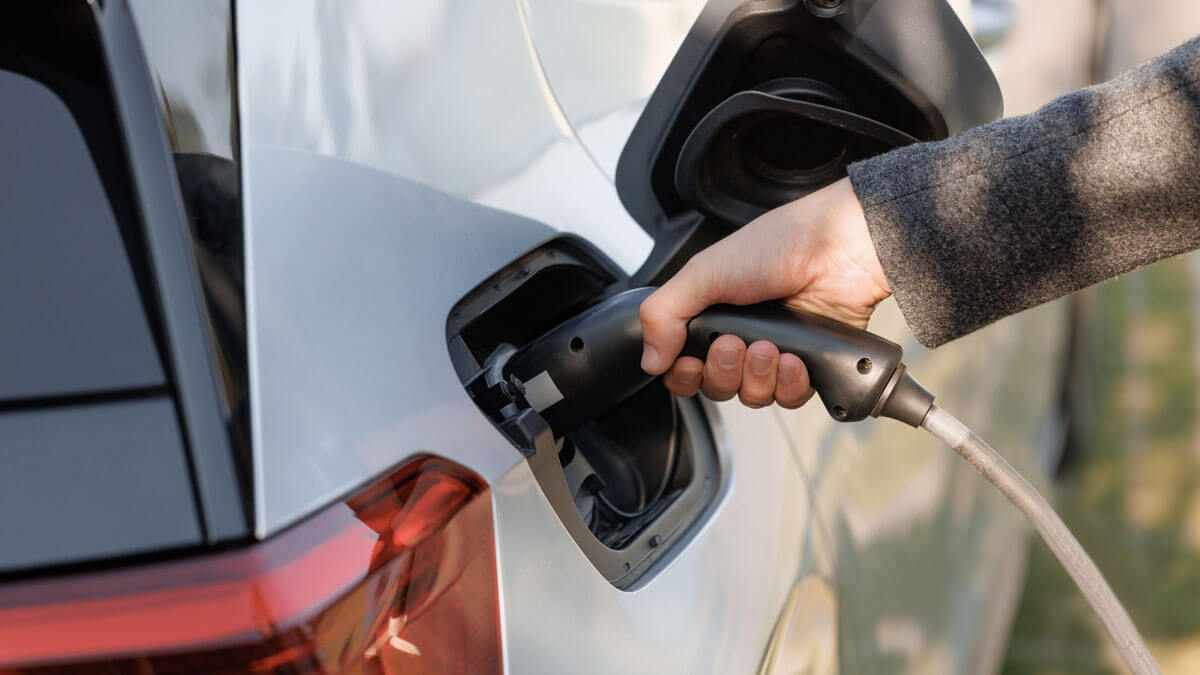
Tesla Model X: High-Tech but High Maintenance?
The Tesla Model X has captivated consumers with its futuristic falcon-wing doors and cutting-edge technology. Yet, this model has also faced its share of reliability issues. Owners have reported problems ranging from malfunctioning doors to more severe concerns with the electrical systems and suspension. Despite Tesla’s ongoing efforts to improve these issues, potential buyers should be wary of the high costs that might arise after the warranty expires.
Nissan Leaf: Popular Yet Problematic?
As one of the world’s top-selling electric vehicles, the Nissan Leaf offers many advantages, but it’s not without its faults. Critics often point out its limited range and the battery’s tendency to degrade over time. This degradation can lead to a noticeable decrease in driving range, which has been a common complaint among owners. While newer models have seen improvements, it’s crucial for buyers to inspect the battery health and range capabilities of the specific Leaf model they are considering.
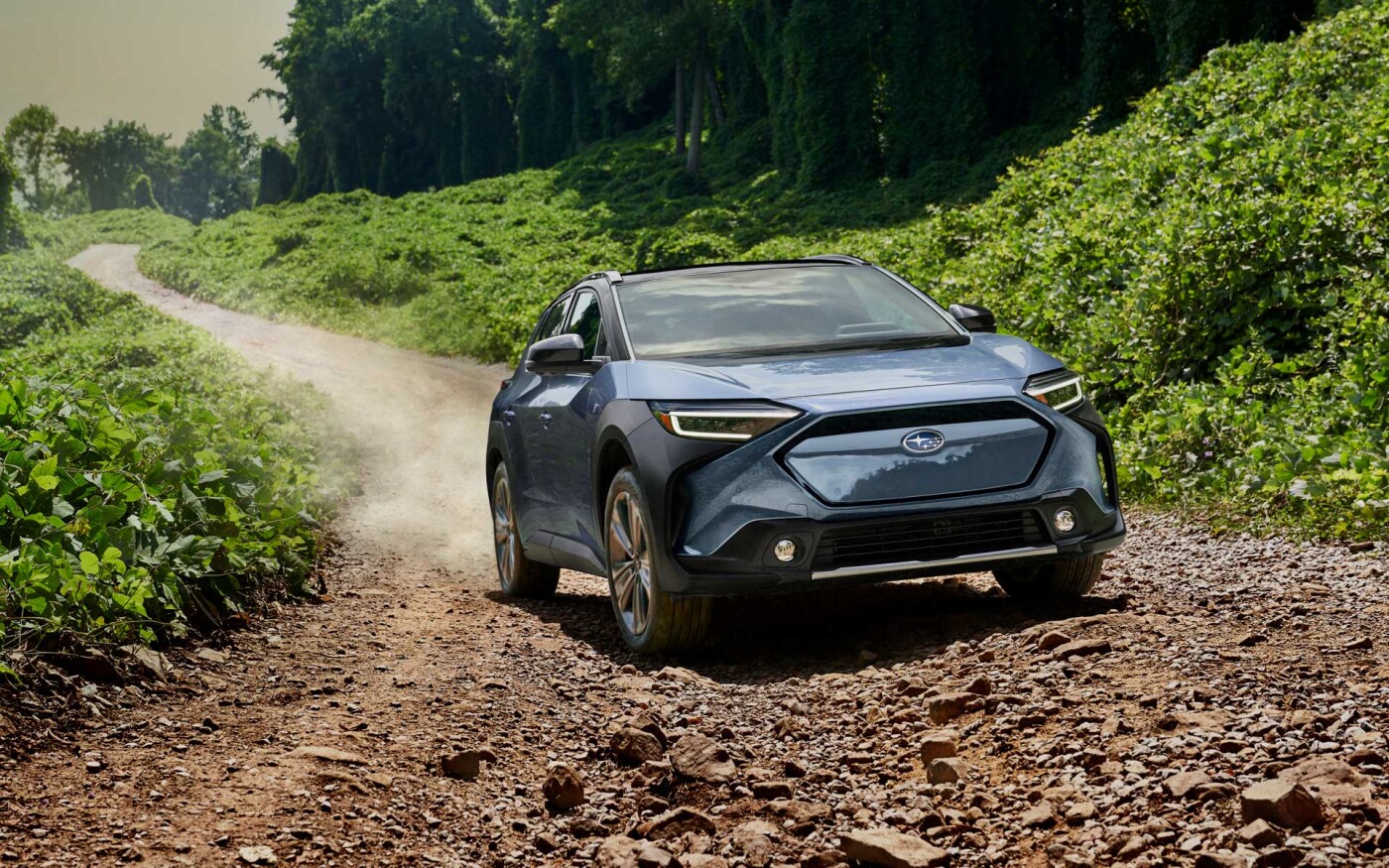
Chevrolet Bolt: Affordable but Unreliable?
The Chevrolet Bolt stands out as an affordable option in the EV market. However, it has not been immune to significant battery issues, including unexpected power loss. Although General Motors has responded with necessary recalls to address these battery malfunctions, potential owners should approach this model with caution and investigate its repair history thoroughly.
BMW i3: Stylish but Short on Range
The BMW i3 catches the eye with its unique design and promises a distinctive driving experience. Yet, it falls short in terms of range and has been associated with high maintenance costs. The range-extender engine and various electronic components have been particularly problematic, leading to expensive repairs. Prospective buyers should consider these factors seriously when evaluating the long-term value of a BMW i3.
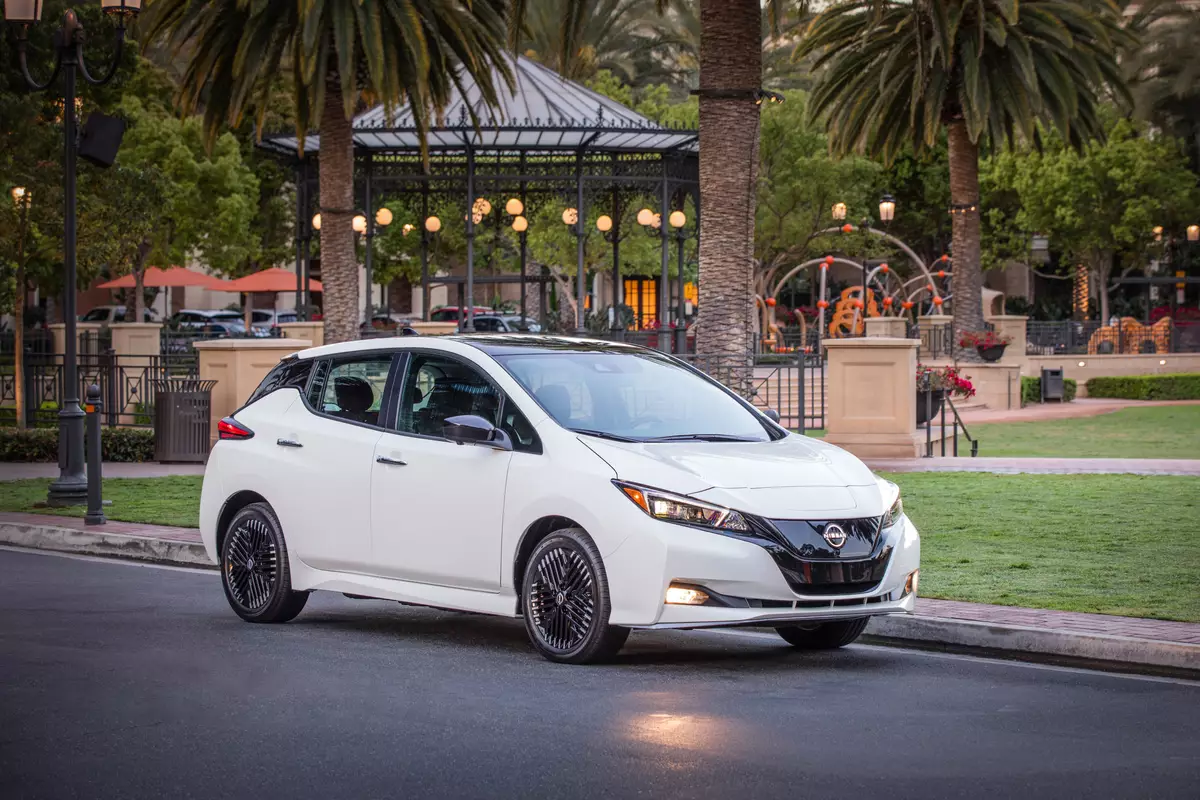
Ford Focus Electric: Economical but Error-Prone
The Ford Focus Electric appeals to consumers looking for an economical and practical electric vehicle. Nonetheless, it has been plagued by reliability issues, notably with its transmission and electrical systems. Despite Ford’s attempts to rectify these problems, they raise concerns about the vehicle’s reliability as it ages past the 50,000-mile mark.
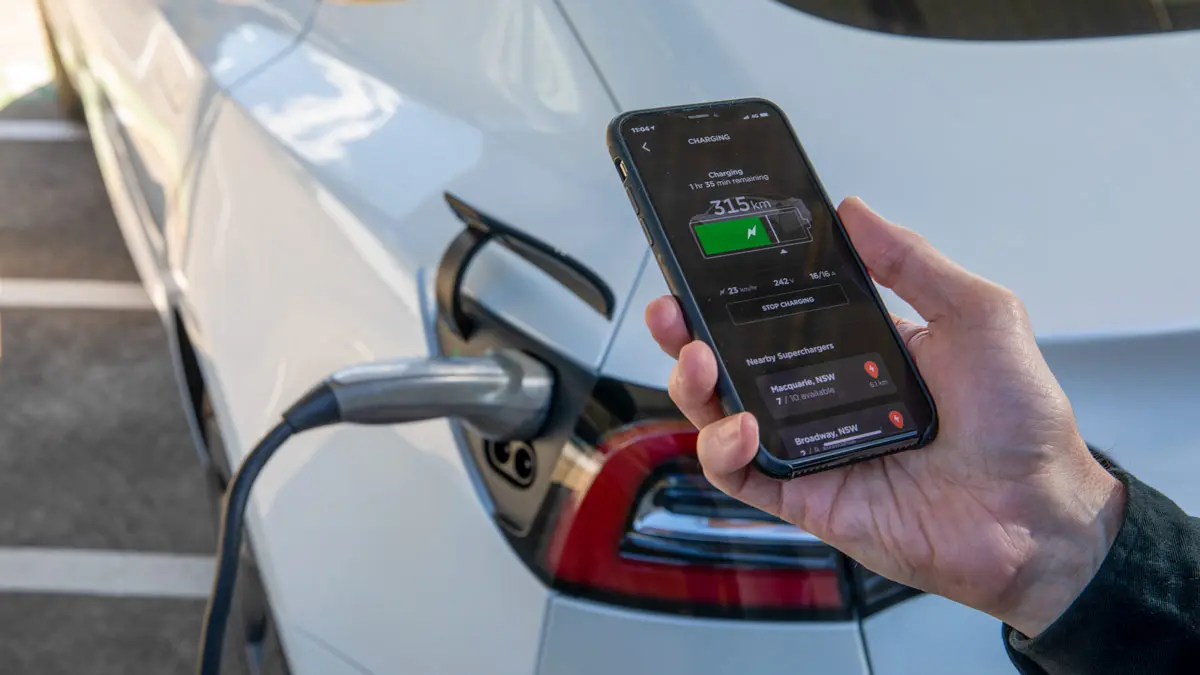
The Bottom Line: Do Your Homework
When it comes to purchasing an EVs, being informed is your best defence against future frustrations. While the EVs listed here offer certain benefits, their histories of mechanical and electrical issues post-50,000 miles cannot be ignored. To make a sound decision, engage in extensive research, read user reviews, and explore warranty options. Consulting with seasoned EV owners or specialists can also provide deeper insights into what to expect from your electric vehicle in the long run.

